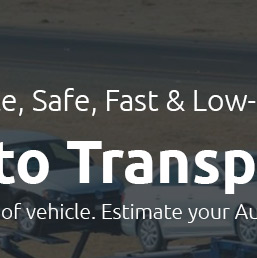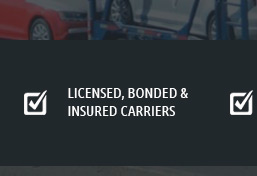car shipping companies in virginia: what to know before you book
How to choose a reliable carrier
From the Tidewater to the Blue Ridge, Virginia sees steady vehicle moves year-round. Start by verifying a company’s DOT and FMCSA status, ask for proof of cargo insurance, and compare written quotes that detail fuel surcharges and door-to-door fees.
Service types and timing
Most residents choose open transport for value; collectors and luxury owners opt for enclosed trailers. Typical interstate transit runs three to seven days, but I‑95 congestion and storms can shift schedules. Expect flexible pickup windows, especially outside major hubs like Norfolk, Richmond, and Northern Virginia.
- Confirm the pickup/delivery addresses and any rural transfer points.
- Read the Bill of Lading; note pre-existing dents and mileage.
- Ask about seasonal pricing around college moves and military PCS.
- Clarify cancellation and delay policies in writing.
Reputable brokers vet carriers and coordinate routes to and from the Port of Virginia, while direct carriers handle the trucks and drivers. Either way, look for responsive communication, photo inspections, and clear, itemized invoices. A transparent process protects your car-and your budget.






















